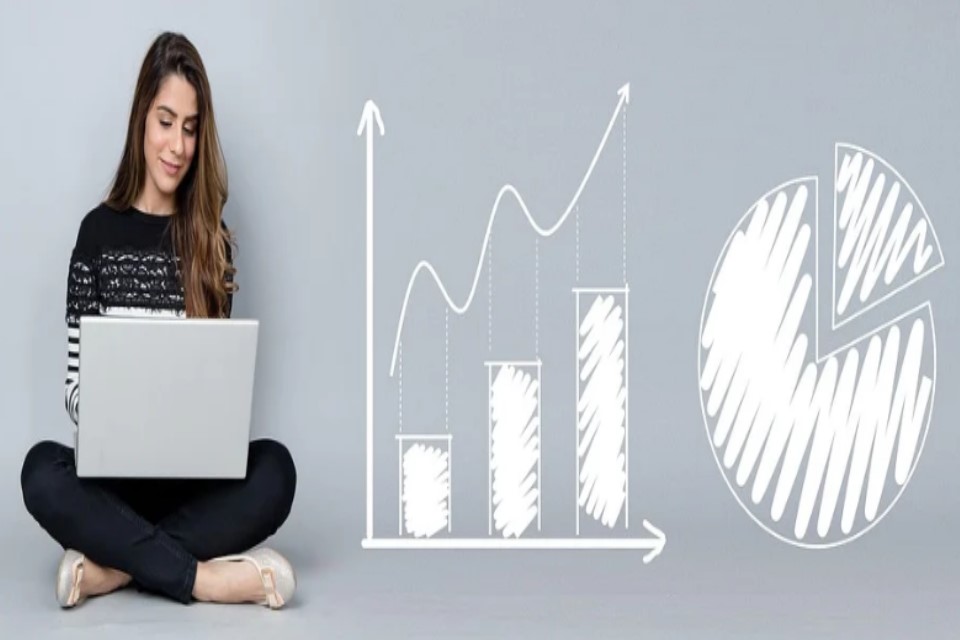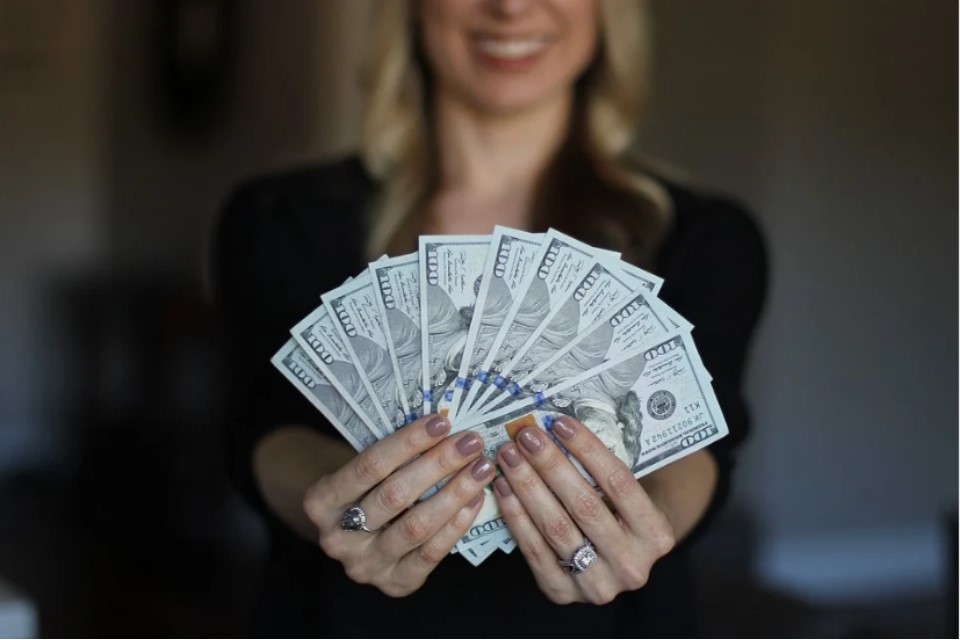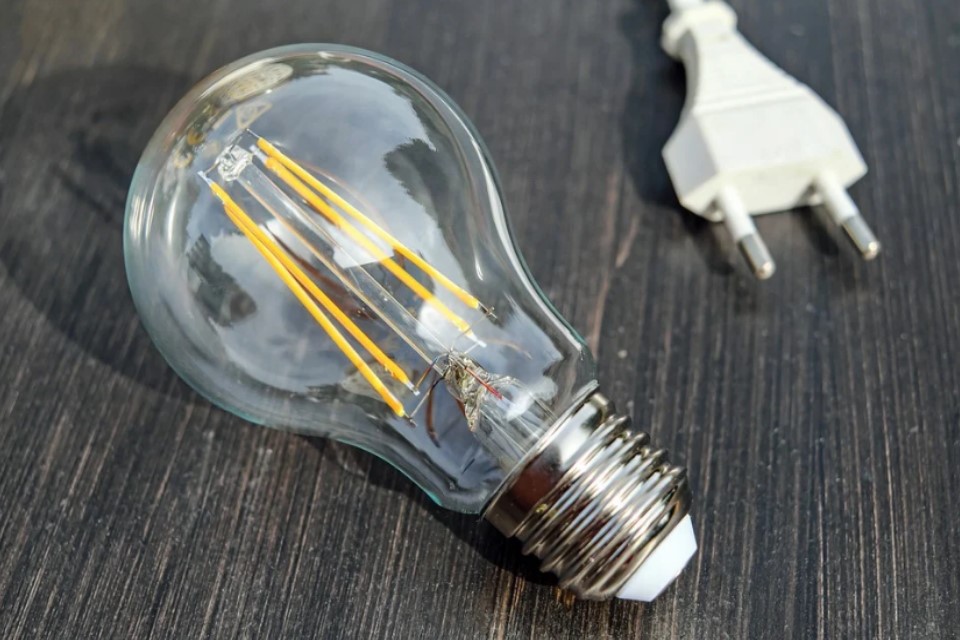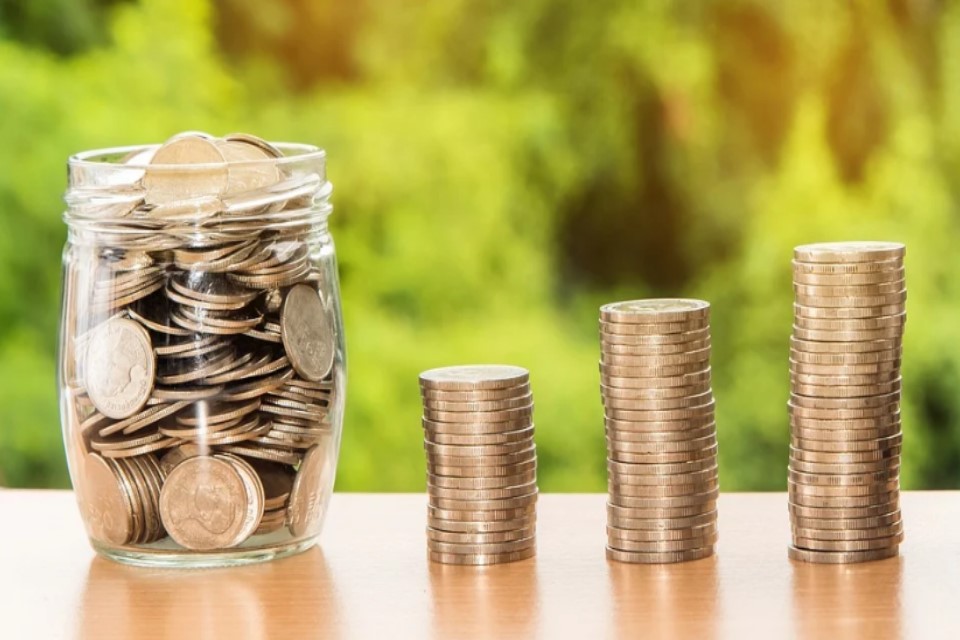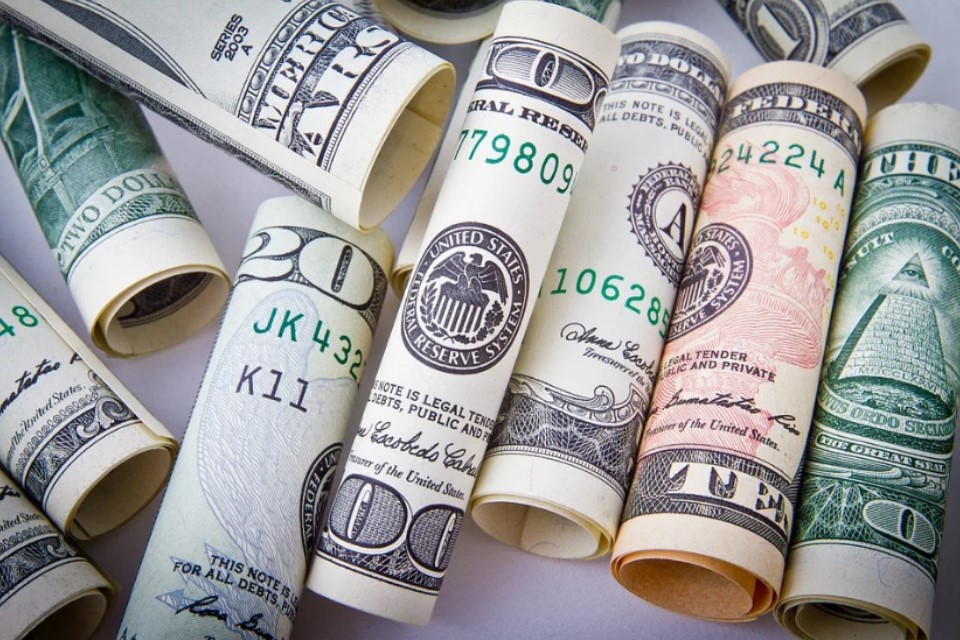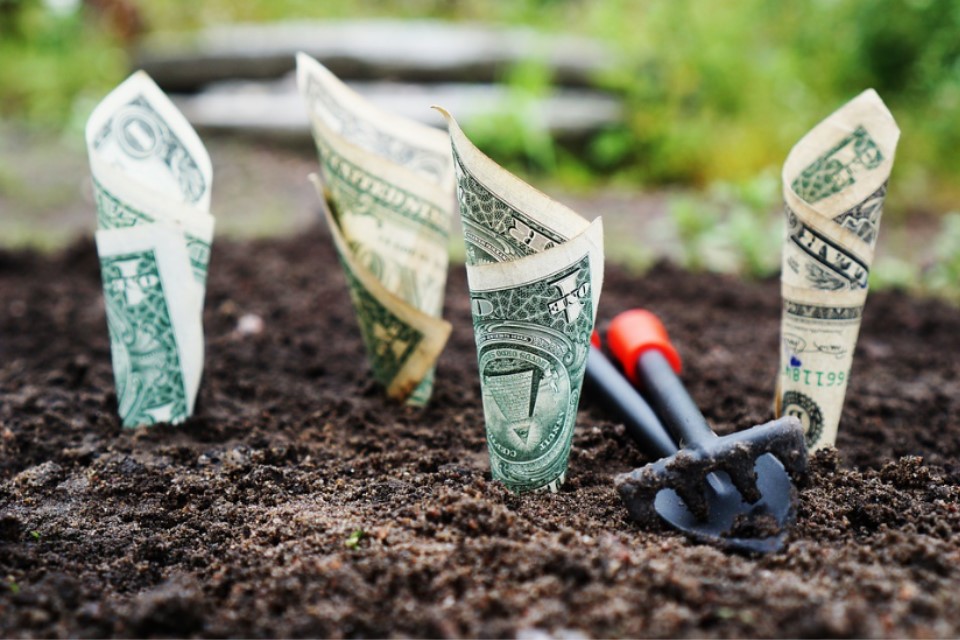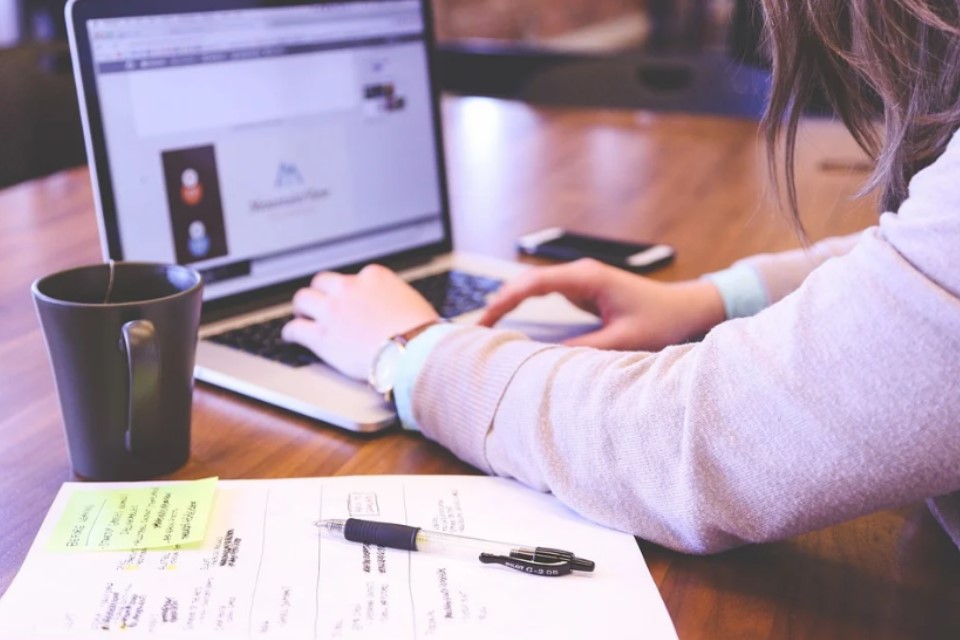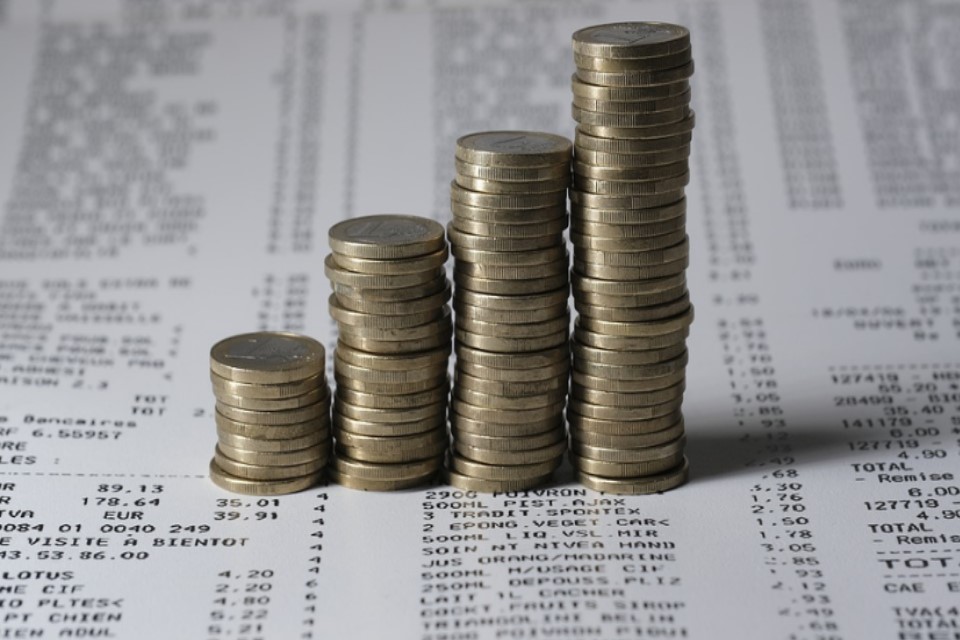The budget is a tool that par excellence allows us to have order in our finances and therefore in our lives. It tells us, among other things, how we can face all our commitments and if it is handled well it will lead us to meet all the objectives that we set for ourselves.
How budgeting helps
A good example of how a budget can help us is imagining that we have just acquired the vehicle that we have longed for so much and for which we have saved and worked hard. This vehicle will need maintenance from time to time, and to give it you will need to have a percentage of your income dedicated for that purpose so that it does not take you by surprise or limit you. What is advised is precisely to allocate a small monthly amount for changing the tires, depending on the use we will know how often to do it. Also from time to time you have to change the oil, the filters, and so on. Anticipating and preparing for these events is the best.
Another good example is the maintenance that you must have in your house. It is known that from time to time it will be necessary to invest in paint either to give it a new look or to protect it both inside and out. So it does not hurt to allocate a small percentage of family income to paint the house every year or every two years.
Organize your life through a budget
The same must happen with every aspect of life and depending on our economic capacity and lifestyle. If you want to start keeping a detailed budget now, we invite you to use our budget tool from where you can even plan the best way to save.
While it is true, money is not everything in life, but managing it well will help us to have a stable future full of many possibilities.
Know what you spend your money on
Sometimes you don’t know where all your money is going, but you arrive super tight at the end of the month or fortnight, and you wonder where the money went? This means that you have no control of your financial life. In this case it is money, or the lack of it, that controls your life.
How do you know what you are spending your money on?
Very simple, keep a record of all your expenses. It can be a small notebook, or even on your cell phone. You can use a tool that makes it easy for you to keep track of it, download it to your computer so that you can always keep it updated. Of course, recording your expenses is the first step, to know where you spend your money, you need to assign a category to each of these.
If you go to the supermarket, you don’t need to record how much you spent on groceries or dairy; what you need to know is how much you spend on food in the month. In this case, food is your expense category. What are the categories you need? This depends on your needs; for example: if you like to go out to eat out with your friends, then you should have a category called outings out, to keep track of those expenses; If you like to drink a lot of coffee, you should take a Coffee category so you know how much you spend on it.
Know your consumption pattern
Knowing what you are spending on is very important to know your consumption pattern; This allows you to realize if you spend too much on things that are not important to your daily life. This is the first step, also to make a budget that works for you, because it is based on your own behavior and what you want to achieve with it.
Make your budget
So, if you want to have true control of your life, it is essential that you know what you are spending your money on. To build a budget that works, you have to assign each coin you earn a job. That is, you are the one who should tell your money what you want it to do for you, not the other way around, you have the power to decide what you want to do with your financial situation.
Avoid over-consumption
It is no secret that we live in a consumer society and sometimes you have a “need” to make purchases that you do not need. At times it can be very difficult to define if it is a real need or a need that you have only created for one reason or another.
Here are some tips to avoid unnecessary purchases and fall into consumerism:
- Define what is the standard of living that you really need to live in a comfortable way and based on your financial reality.
- In special situations like discounts, go shopping with a list of what you really need. You can leave a margin to buy yourself a “whim”, but remember that the discount is attractive to your brain and that is a mental trap.
- When you go to buy something you don’t need, wait 30 days from when you see the product. If after that time, you still think you need it then buy it. You can shorten the deadline to 15 if at first 30 days seem too long.
- Optimize to the maximum what you have. Boots or do you leave gadgets that work perfectly in a drawer just because you don’t like them anymore and you want a new one that’s more modern? You can extend the life of many products by taking proper care of them.
- Limit as much as possible the number of advertising hits, TV ads, store web pages, offer pages and try to subscribe us to brand or store newsletters. The more exposure you have, the more likely you are to be tempted to buy something.
- Be grateful and value what you have. You may have more than enough of almost everything and don’t need any more stuff.
- Do not compare yourself with others. If you do not stop looking at what others have, you will surely feel that you have very little.
Conclusion
In addition to these tips, what is really needed is a change of inner attitude. Enjoy each of the experiences that life presents you, so that you do not have to fill any void that you feel with consumer products and thus avoid continuing to feed a society that is increasingly consumerist.
